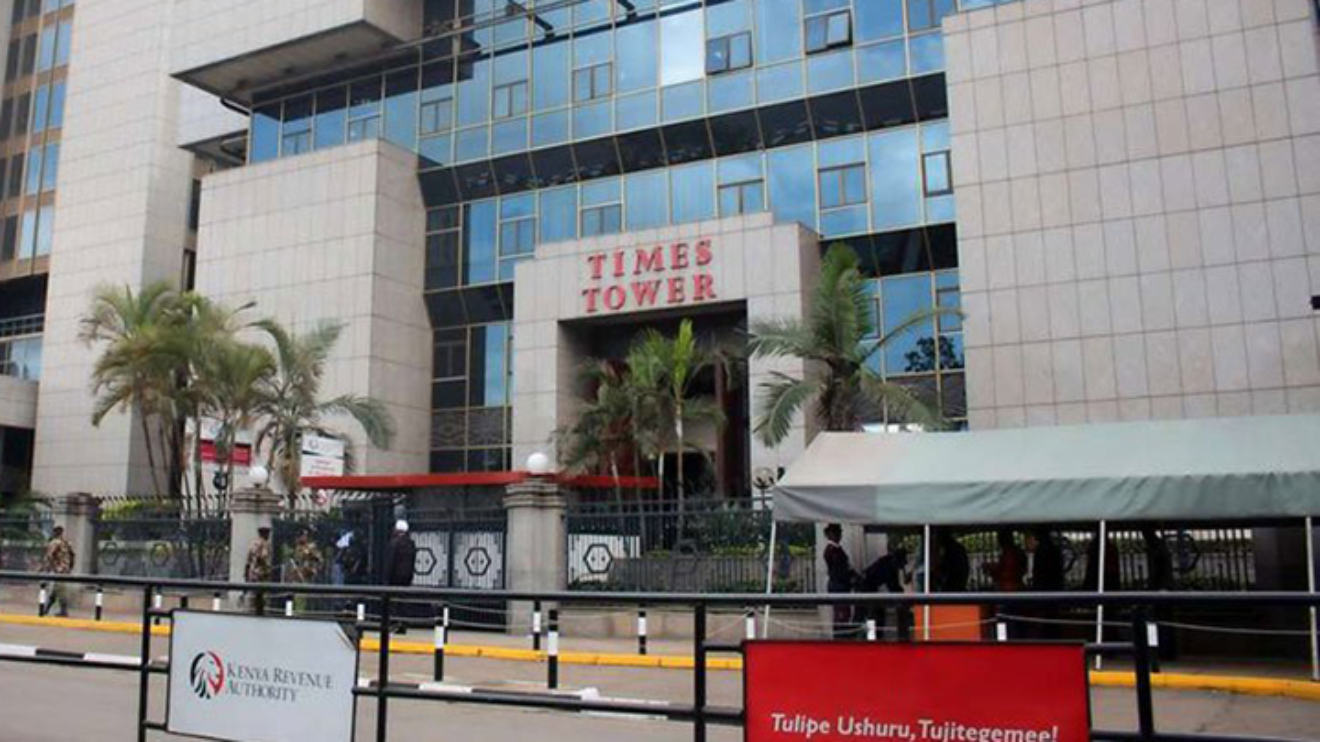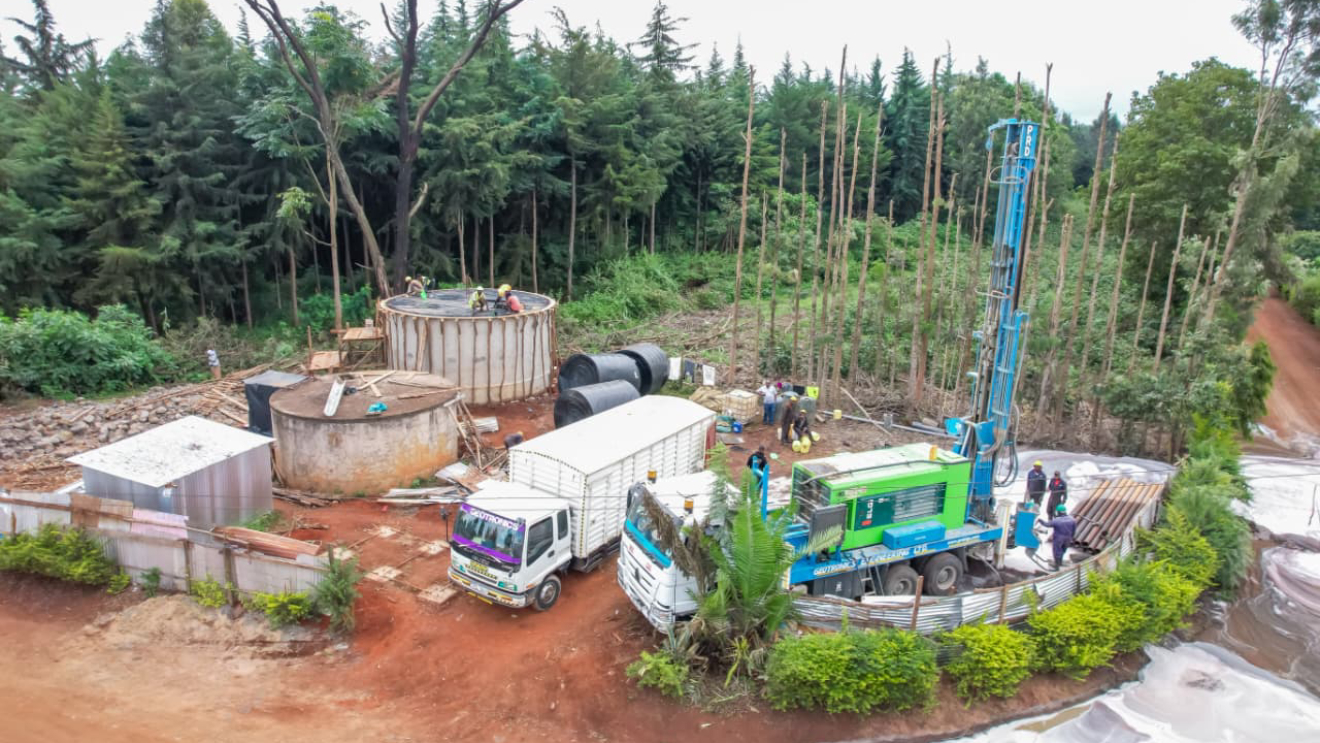The Kenya Revenue Authority (KRA) announced an update to its previously announced simplification of the Value Added Tax (VAT) return filing process.
In a public notice, KRA clarified that the pre-filled returns will now begin with the February 2024 tax period, instead of the previously communicated January 2024.
"The Kenya Revenue Authority (KRA) wishes to update all VAT registered Taxpayers that further to our Public Notice on "Simplification of the VAT Return Filing" the VAT return will now be pre-filled with tax information available to KRA with effect from the February 2024 tax period and not the January 2024 tax period as earlier communicated," KRA stated.
This adjustment aims to ensure all input VAT claims are supported by valid electronic tax invoices, generated through the Tax Invoice Management System (TIMS) or eTIMS.
Any claim not validated through these systems or against existing customs import declarations will be disallowed.
Read More
"This adjustment is intended to prevail upon VAT registered Taxpayers to ensure that ALL their input VAT claims are supported by valid TIMS/eTIMS generated tax invoices," emphasized KRA.
The authority reiterated the obligation of taxpayers to issue and transmit electronic tax invoices. They urged all VAT-registered businesses to file their January 2024 VAT self-assessment returns by February 20th, 2024.
Furthermore, KRA reminded taxpayers that upon the eventual rollout of the simplified VAT return, they will be required to confirm the accuracy of the pre-filled information before submitting the return.
While the pre-filled returns are delayed, KRA assured continued support for taxpayers through sensitization programs and facilitation of electronic tax invoicing compliance.
They expressed gratitude to all compliant taxpayers.
This update highlights KRA's commitment to ensuring accurate and efficient VAT collection while encouraging businesses to comply with electronic invoicing regulations.
"We're continuously sensitizing taxpayers on the simplified filing process and supporting them in meeting electronic invoicing requirements," KRA said.
While the delay in pre-filled returns may require some adjustments, it ultimately aims to strengthen the integrity of the VAT system and benefit all stakeholders.







 shares a light moment with the company's Group CEO Dr Patrick Tumbo (right) at a past event-1758121528.jpeg)